By Leland McMillan, Supervisor NERC Services
The Federal Energy Regulatory Commission (FERC), the North American Electric Reliability Corporation (NERC), and NERC’s Regional Entities have issued their final report examining the impact of the First Quarter 2021 weather outages.
The February 2021 freeze had a significant effect on the bulk electric system in Texas and other parts of the South-Central United States. The Federal Energy Regulatory Commission (FERC), the North American Electric Reliability Corporation (NERC), and NERC’s Regional Entities have issued a 300-page analysis which indicates a need to strengthen rules for cold weather preparedness and coordination. Generating units unprepared for cold weather failed in large numbers combined with an inadequate natural gas fuel supply to meet both residential heating load and generating unit demand for natural gas were identified as the primary causes of the failures.
The First Quarter 2021 weather outages were the fourth cold-weather related event in the last ten years. Previous events resulted from a combination of planned and unplanned outages. Prior events included the following:
- January 2018: an arctic high-pressure system and below average temperatures in the South-Central U.S. resulted in 15,800 MW of generation outages and the need for voluntary load management emergency measures.
- January 2014: a polar vortex affected Texas, central and eastern U.S., triggering 19,500 MW of generation outages, natural gas availability issues and resulted in emergency conditions including voluntary load management.
- February 2011: an arctic cold front impacted the southwest U.S. and resulted in 29,700 MW of generation outages, natural gas facility outages and emergency power grid conditions with need for firm customer load shed.
During this 2021 event, more than 4.5 million people in Texas lost power and some went without power for as long as four days, while exposed to below-freezing temperatures for over six days. At least 210 people died with most of the deaths connected to the power outages due to causes including hypothermia, carbon monoxide poisoning, and medical conditions exacerbated by freezing conditions.
The February 2021 arctic cold front was no surprise as weather forecasts from NOAA and others provided advance warning. ERCOT, MISO and SPP all issued cold weather preparation notices to their generation and transmission operators. Temperatures began dropping Feb 9th but dropped as much as 40 to 50 degrees lower than average during the week of February 14th. The regions also had to deal with freezing precipitation and snow during this period. ERCOT, SPP and MISO all faced emergency conditions simultaneously. Despite multiple prior recommendations by FERC and NERC, as well as annual reminders via Regional Entity workshops, generating units experienced freeze-related outages above the unit’s stated ambient design temperature.
The Reliability Standards have been revised and it has been recommended that GOs have the opportunity to be compensated for the costs of retrofitting their generating units to perform at specified ambient temperatures (or designing any new units to do so). To help the facilities meet these enhanced requirements, FERC, NERC and the Regional Entities have hosted joint technical conferences to discuss how to improve the winter readiness of generating units before the recently approved Reliability Standards revisions become effective. To read the complete report, click on this link.











